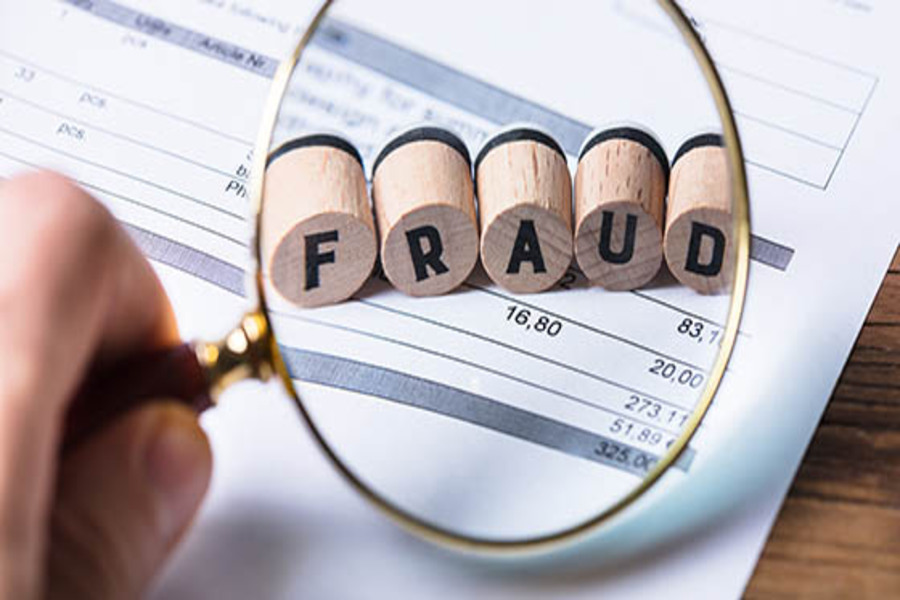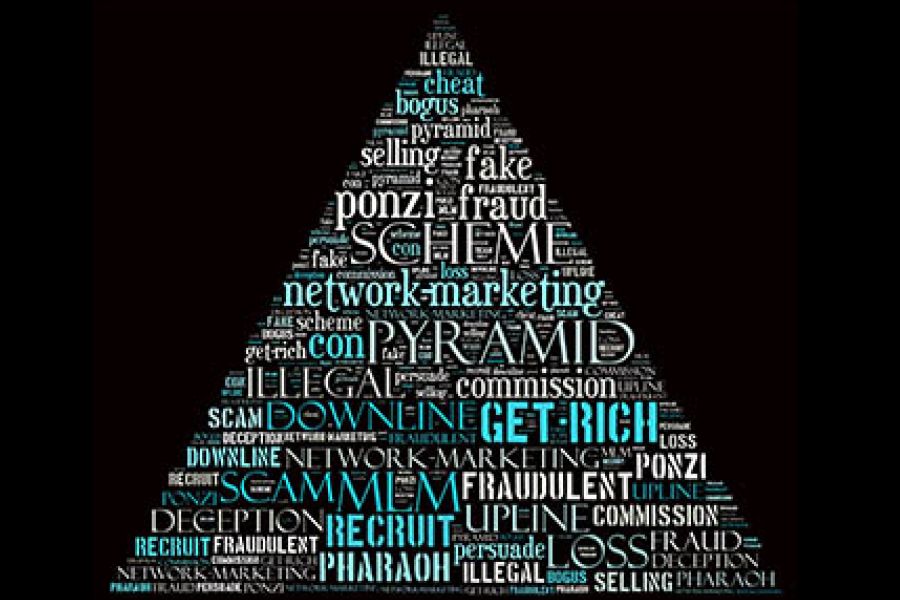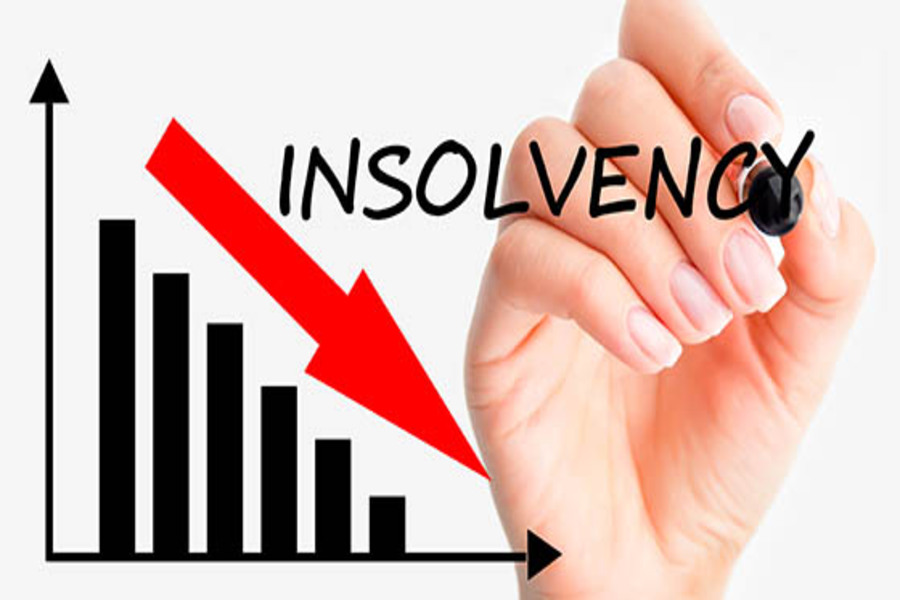Fraud perpetrated by employees, management, vendors or customers can happen to any business. And if it does, it can take years to recover from the financial losses and reputational damage. In some cases — especially those involving small companies that lack the cash reserves to cushion the blow — a fraud incident can shut down a business. If your business suspects fraud, engaging a forensic accountant to investigate, zero in on a perpetrator and gather evidence that can be used in court, is generally money well spent. In fact, the faster fraud is found, the less your company is likely to lose. The Association of Certified Fraud Examiners reports that fraud schemes have a median velocity (or rate at which financial losses pile up) of $8,300...

Recently, the Financial Crimes Enforcement Network (FinCEN) told U.S. financial institutions to exercise caution when processing paper checks because they might be fake. Paper checks? Didn’t those go the way of the dodo? Jokes aside, electronic transfers have indeed replaced paper checks for many consumer and business payments. Yet paper checks are still used at many businesses and check fraud has been increasing. According to FinCEN, banks reported 680,000 check fraud incidents in 2022, almost double those reported in 2021. The U.S. Postal Service has seen similar rises in mail theft, particularly a higher incidence of criminals breaking into collection boxes and robbing postal carriers to obtain paper checks. Even if your business conducts most financial transactions electronically, you should protect against possible check fraud. Why thieves like...
With billions of users worldwide, social media platforms can be a breeding ground for illicit activity — from simple identity theft to sophisticated and wide-ranging fraud schemes. Here’s an overview of some of the most common social media scams and tips to help prevent you or your business from becoming a fraud victim. Crooks find opportunities As with email, social media messages can trick users into clicking links and providing sensitive information, such as their usernames, passwords, Social Security numbers and financial account numbers. “Romance” scammers also use social media to pose as potential partners, manipulate the emotions of victims and then steal from them. Or bad actors may contact users about fake investment opportunities (particularly involving cryptocurrency), illegitimate contests, bogus lotteries and false inheritances. To gain the...
The “investment opportunity” someone just pitched could be a legitimate way to get in on the ground floor of a soon-to-be profitable business. However, it could also be a pyramid, Ponzi or similar fraudulent multi-level marketing scheme. How can you tell the difference between a real investment and a scam? Don’t get scammed Pyramid schemes can be relatively straightforward, such as recruiting people to sell vitamins or cleaning supplies and recruiting family and friends to also sell the products. Or they can take the form of extremely complicated swindles that offer no actual product or service. But in general, both simple and complex schemes are sustained by constantly recruiting new participants rather than earning a return on the actual sale of the products. One lucrative scam involved a...
If customers report fraud or suspicious charges on their accounts, what might seem like a challenge can actually be an opportunity for your business. Handle these disputes efficiently and you can regain — and even strengthen — customer loyalty. The alternative: angry customers, damage to your reputation and financial losses. Your customer dispute resolution processes should move quickly to get to the bottom of possible fraudulent activity. For results that satisfy your customer and benefit your business, follow these eight best practices: Publicize your processes. Post clear and easily accessible information on your website, social media accounts and other communication channels detailing how customers can report suspected fraud on their accounts. These notices should include contact details, any relevant forms or documentation required and steps in the...
Ask any business owner whose company has been defrauded by an employee, and you’ll probably hear a common refrain: “I never would have suspected that person!” In many cases, spotting fraud perpetrators before they commit a crime is difficult, especially if you don’t work closely with them on a daily basis. But many fraudsters exhibit performance and interpersonal behaviors that can tip off owners, managers and HR professionals to more serious issues. Overt and subtle signs According to the 2022 Association of Certified Fraud Examiners’ (ACFE’s) occupational fraud study, A Report to the Nations, the vast majority of occupational fraud perpetrators have no previous criminal record. However, in 8% of cases, perpetrators have been terminated from a previous position and 9% have been disciplined by an employer. The ACFE...
According to various sources, around 10% of all insurance claims involve fraud. Insurance companies generally pass along the cost of these fraud losses to policyholders in the form of higher premiums. Unfortunately, small businesses, which are generally less able to pay premium hikes, are particularly vulnerable to insurance fraud. To protect your company from losses and minimize the likelihood of increased premiums, learn how to identify insurance fraud. Areas of concern There are several forms of insurance fraud that could potentially affect your business: Workers’ compensation. In these schemes, an employee exaggerates or fabricates an injury or illness to receive workers’ compensation benefits. For example, a worker could mischaracterize an injury from a minor accident as serious or claim that an existing, non-work-related condition was the result of...
Are you worried your business won’t receive what a liquidating creditor owes it? In most cases, liquidating companies come by their financially distressed situations honestly. But there’s always a chance that a debtor has made fraudulent transfers or taken other steps to hide assets from creditors. A solvency expert can help you and your legal counsel determine whether a liquidating business is capable of meeting its interest and repayment obligations. How experts test the balance sheet Solvency experts consider many issues when examining a business. But ultimately, the outcome of three tests enable an expert to determine solvency. The first is to assess the business’s balance sheet. At the time of the transaction at issue, did the debtor company’s asset value exceed its liability value? Assets are generally...
For many retailers, January isn’t just the first month of the year: It’s “return season,” when customers bring back their unwanted holiday gifts for refunds or exchanges. Return season can be fraught for businesses if, for example, a higher percentage of gifts are returned than stores expect. According to the National Retail Association, consumers are expected to have returned more than $816 billion of merchandise (almost 17% of goods sold) in 2022. Another major risk is retail return fraud. This is when customers trick stores into issuing illegitimate refunds. If you’re in retail, you must be proactive to discourage these schemes. Cash transactions Return fraud perpetrators could be customers, employees or even a criminal gang working with employee accomplices. In perhaps the most common scheme, an individual steals...
The biannual Association of Certified Fraud Examiners “Report to the Nations” has repeatedly concluded that the longer fraud schemes remain undetected, the greater the losses for the victimized organizations. According to the 2022 report, the average fraud lasts 12 months and leads to a median loss of $117,000. But schemes that last 25 to 36 months result in a median loss of $300,000, and if fraudsters are able to conceal their theft for five years, the median loss rises to $800,000. Fortunately, advancements in artificial intelligence (AI) and machine learning (ML) have changed the landscape of fraud detection — and shortened the lifespan of fraud schemes. What do these terms mean, and how does the technology help organizations fight fraud? Explaining the technologies AI simulates human intelligence and...











